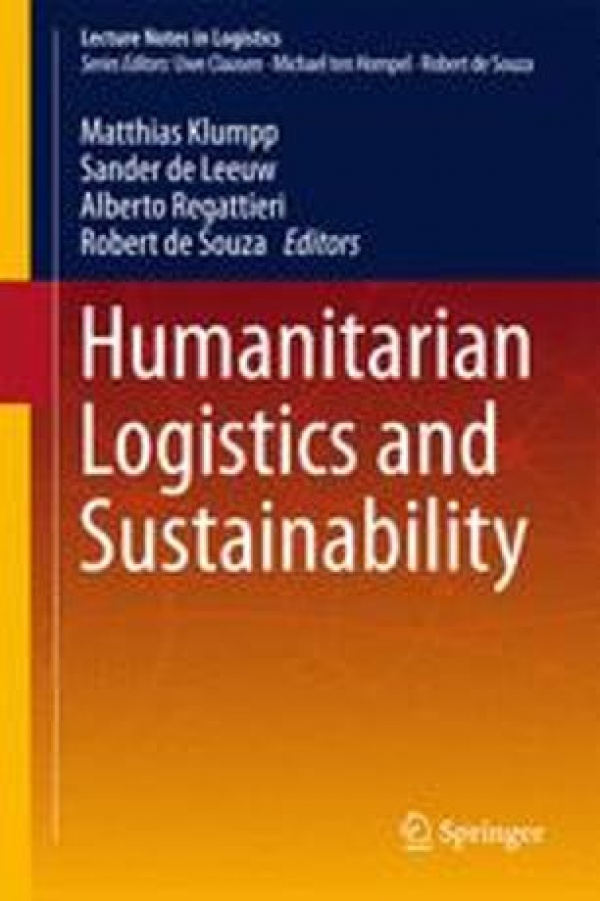Investigating the barriers to sustainable procurement in the United Nations

In Humanitarian Logistics and Sustainability, chapeter 5.
The purpose of the article is to investigate the barriers that constitute obstacles to implementing effectivesustainable procurement practices in the United Nations system. The research approach of the paper isinspired by Grounded Theory. We targeted the largest procuring UN entities as well as sustainabilityleaders in the UN system and approached a procurement practitioner and procurement policymaker at eachfor 30–45 min semi-structured telephone interviews. Twenty interviews were carried out. Drawing on theresulting qualitative data, we develop a framework of barriers in eight different categories each containinga number of individual barriers. By tallying the number of interview subjects that mention each barrier, apreliminary ranking of the barriers’ relative importance can be attained. The discussion of the barrierframework leads us to propose a sequential model of sustainable procurement implementation in publicsector organizations. The paper should be useful for public sector procurement officials who are in the process of introducing sustainability measures. For the UN organizations that are working on this, thepaper offers empirically demonstrated focus areas where it can help sequence the measures and prioritizeresource investments. The research addresses a gap in the sustainable procurement and supply chainmanagement literature: that of the understudied public sector, broadly, and the United Nations,specifically. The analysis also employs a novel split between the procurement policymaker and practitionerlevels, which suggests an innovative approach to addressing the identification of barriers in sustainableprocurement.
Link: here
![]()
This project receives funding from the European Union's Horizon 2020 research and innovation programme under the Marie Sklodowska-Curie Grant Agreement No 722826.
















